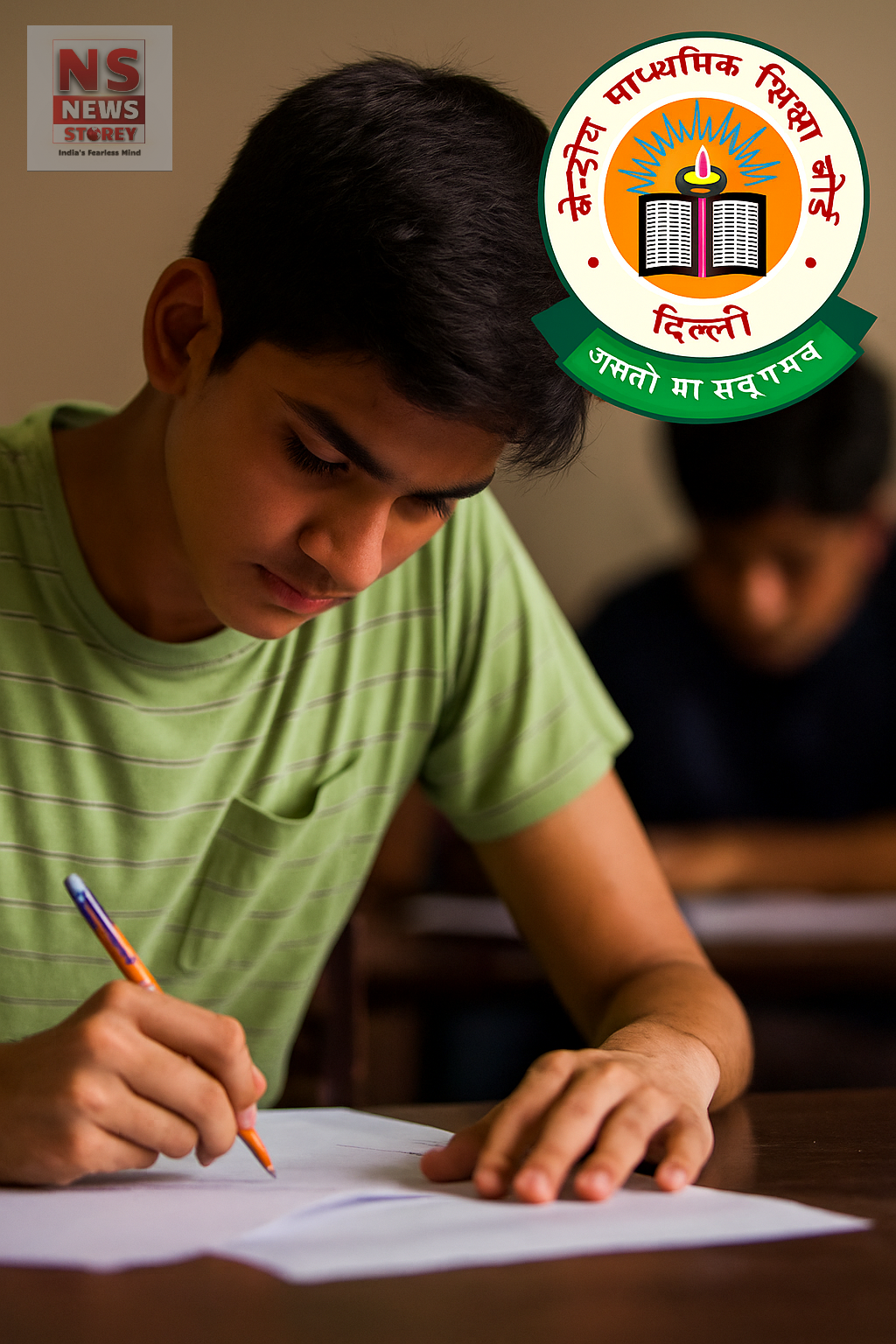In a landmark decision aligned with the National Education Policy (NEP) 2020, the Central Board of Secondary Education (CBSE) has green‑lit a biannual board exam structure for Class 10 students starting in 2026. Students will face two major chances in the same academic year: a mandatory first exam in February and an optional second in May to enhance their scores.
Why the change?
CBSE’s move reflects NEP’s goal to ease the pressure of high-stakes testing and promote a more student-friendly educational model. By offering a repeat window, the board is encouraging continuous improvement and reducing anxiety tied to one-off exams.
How will it operate?
First exam: Compulsory for all students, typically in mid-February.
Second exam: Optional and scheduled for May; students can use it to improve marks in up to three subjects (Science, Mathematics, Social Studies, or Languages).
Results:
First-phase results in April.
Second-phase results in June.
CBSE will retain the higher marks secured by a student across both exams
Internal assessment: Will be conducted only once each academic year.
Who benefits?
-
Students aiming to boost grades without waiting a full year.
-
Those who struggled in one or more subjects now have a chance to improve within the same year.
-
Additional provisions are in place for winter-bound schools, national-level athletes, and Children with Special Needs (CWSN), allowing them flexible participation in either exam phase.
Reactions
Education experts hailed the change as “student-centric and stress-relieving,” citing its ability to foster joyful learning environments .
Principals praised the opportunity for improvement: one called it a “boon” that aligns with NEP’s objective to lessen exam anxiety .
But someteachers flagged logistical hurdles, warning that managing two boards might unnecessarily burden schools and educators.
⚠️ What to watch
-
Final CBSE guidelines—like detailed schedules, syllabi adjustments, and compartment rules—are expected shortly.
-
A proposal to extend the biannual exam framework to Class 12 and national entrance exams is reportedly under discussion, though no official timeline has been announced
-








